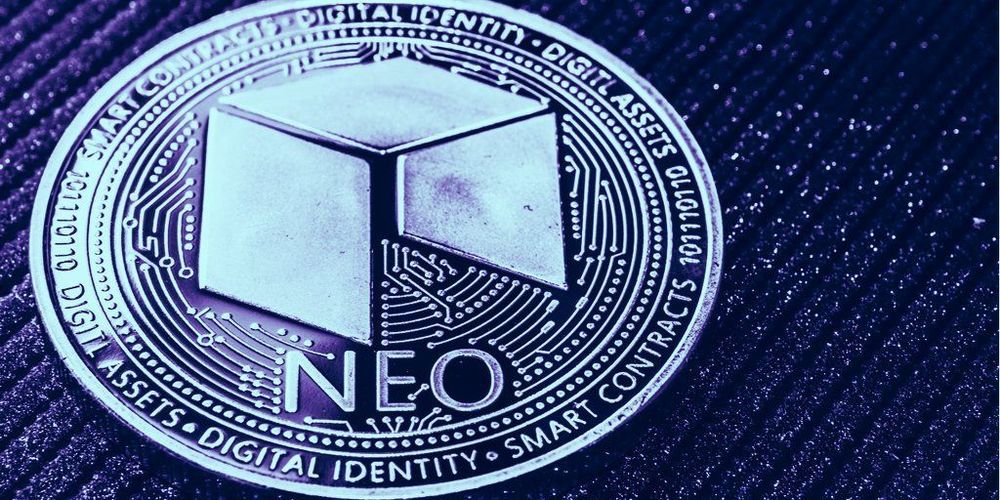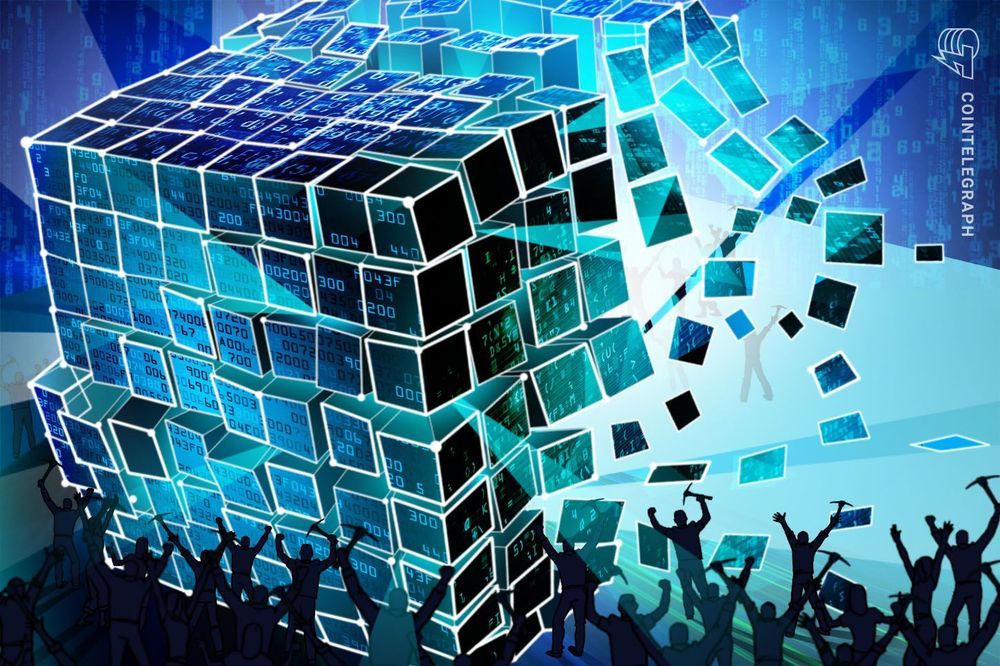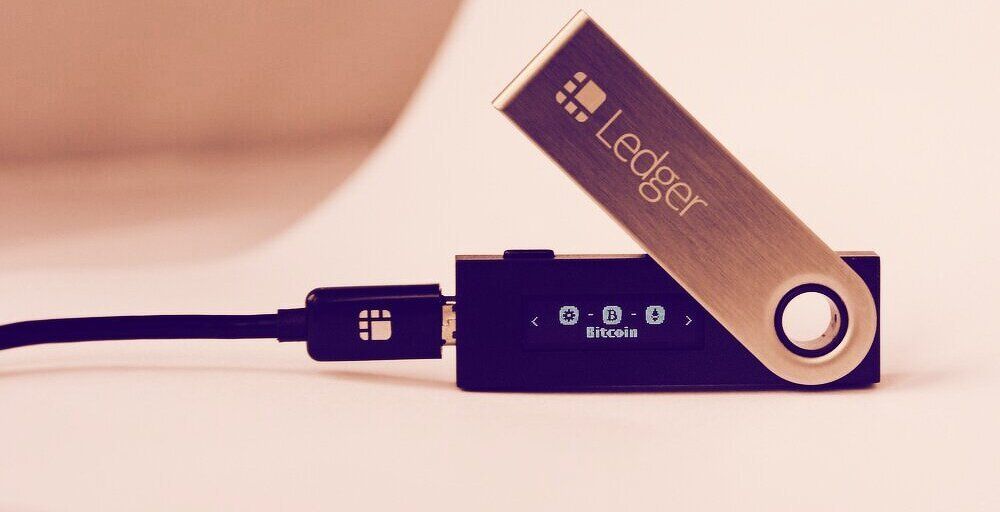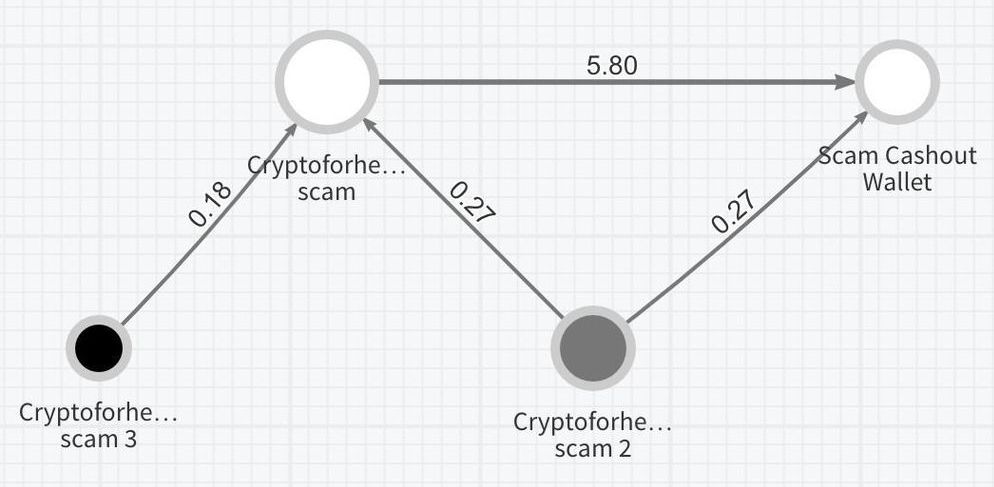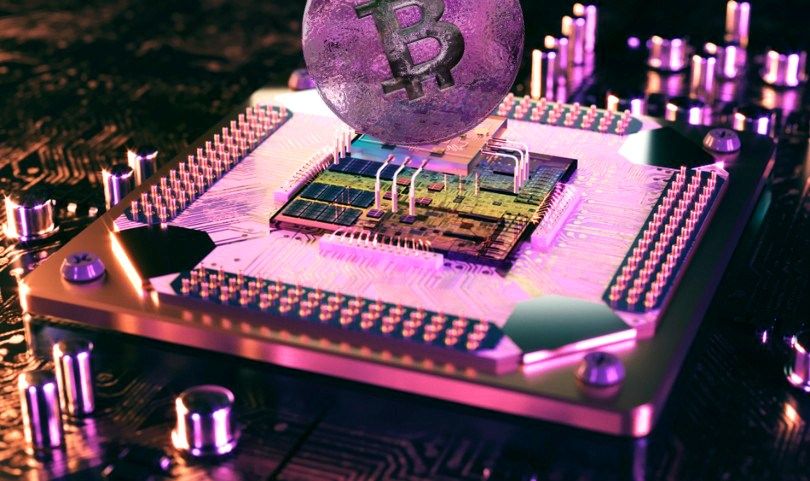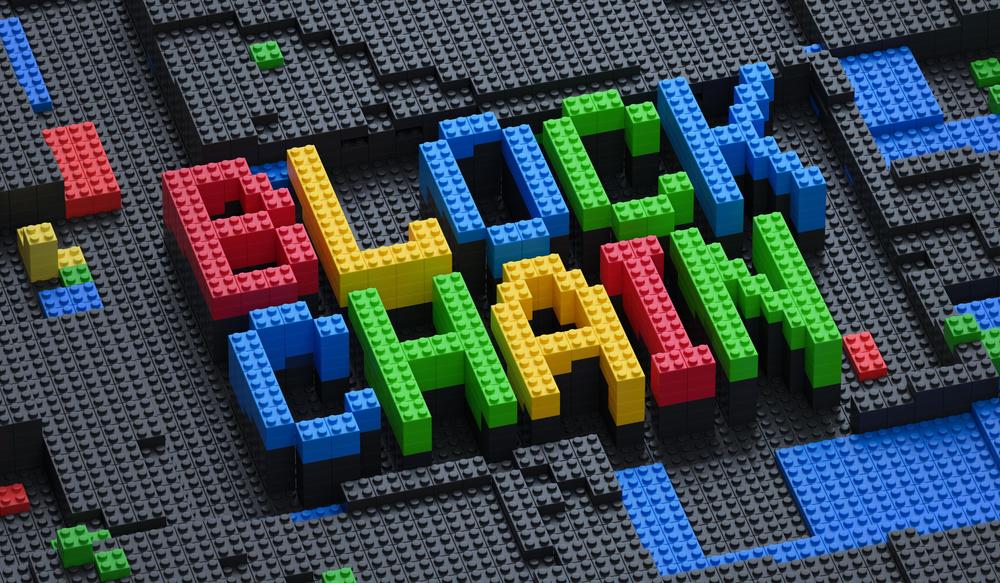Coinbase-led Rosetta, an open-source set of tools to help developers integrate other blockchains into their services, just got a new signup: Neo, a blockchain platform that is itself focused on interoperability.
Rosetta, which launched on June 17, is a standardization tool to make it easier for blockchains to speak to each other. Each blockchain is different, making it difficult and time-consuming for crypto project developers to integrate other blockchains.
“The process requires careful analysis of the unique aspects of each blockchain and extensive communication with its developers to understand the best strategies to deploy nodes, recognize deposits, and broadcast transactions,” wrote Neo in a blog post today. “Project developers spend countless hours answering similar support questions for each team integrating their blockchain, rather than spending time working on their blockchain.”
